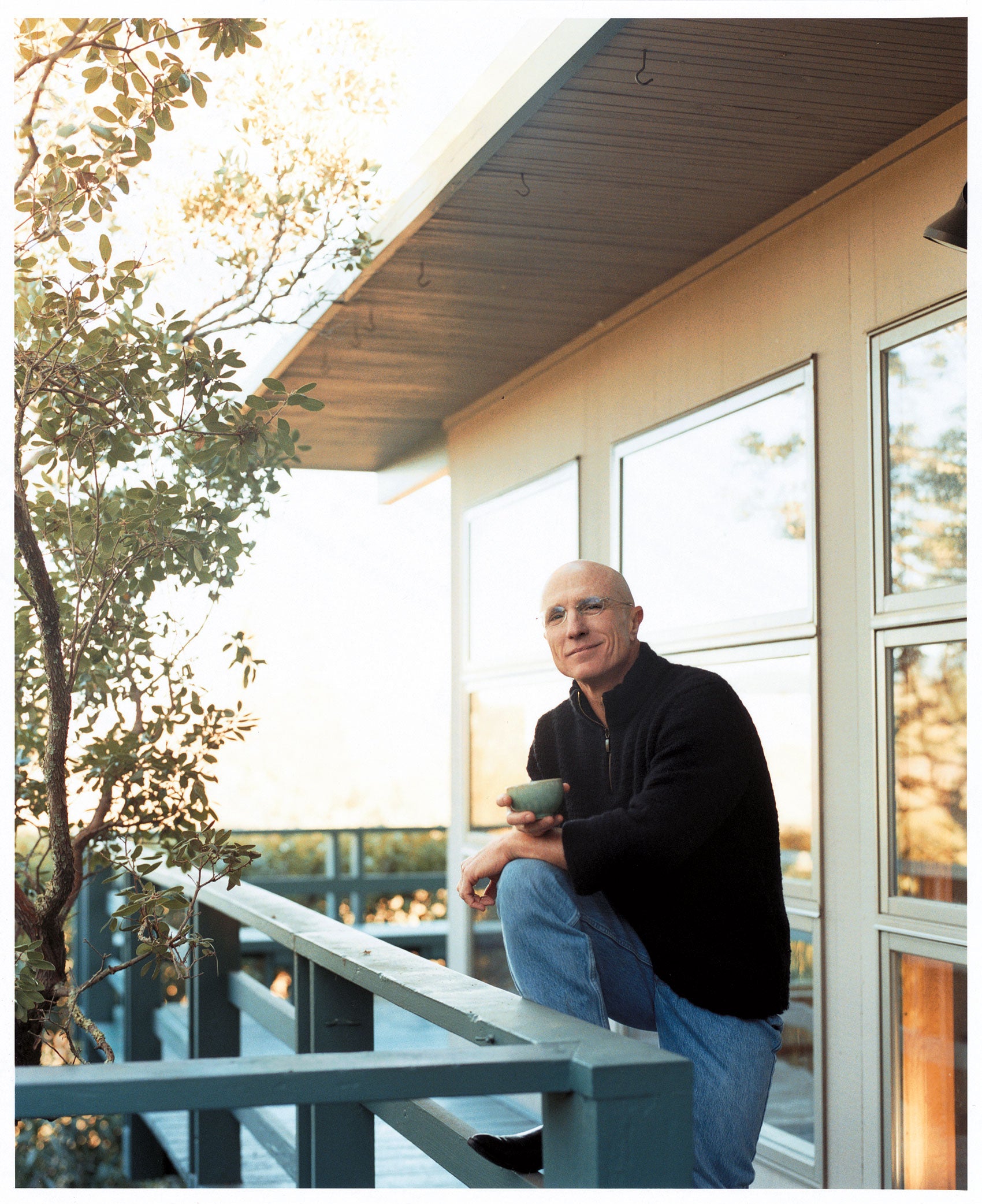Randy Komisar ’81 is on a sweet ride
Randy Komisar’s trajectory from corporate counsel to executive to “virtual CEO” to author to venture capitalist was not at all planned. “My career makes sense only in a rearview mirror,” says Komisar ’81.
His current gig—he doesn’t like to call it a job—is as a partner at one of the country’s most successful venture capital firms, Kleiner Perkins Caufield & Byers. The Silicon Valley firm has a nearly prophetic ability to pick and fund fledgling businesses that will strike it big. In its stable of successes are Google, Palm, drugstore.com and Travelocity.
Venture work is ideal for Komisar, 52, who joined Kleiner Perkins in 2005 to guide emerging tech companies and entrepreneurs. For him, the work’s biggest draw is creativity: “building a new enterprise and inventing the future, which entrepreneurs get to do every day.”
Komisar credits law school with providing him with a general education in critical thinking. “Previously, I’d been a sloppy thinker, able to slide by on rhetoric,” he says. “Law school made me an honest thinker.”
After a brief stint working at law firms in Boston and San Francisco, Komisar joined Apple Computer Corp.’s legal department in 1985. When he realized he was drawn to structuring and negotiating deals, he left legal work to help found Claris Corp., a software company. “I wanted to start something out of nothing. That’s the sort of zeitgeist of this place,” he says, gesturing broadly in his sunny office to encompass all of Silicon Valley.
Komisar later became president and CEO of video game companies LucasArts and Crystal Dynamics. During his decade as an executive, he discovered he was excited by the creativity of entrepreneurship and much less interested in what followed. “After the florid creative period, then I had to deal with the tactical, day-to-day running of everything,” he says.
It was time for Komisar to reinvent himself again. In 1996, he fashioned himself as a “virtual CEO,” a seasoned executive and entrepreneur who guided startups by mentoring, raising capital and creating business plans. His timing couldn’t have been better. The dot-com boom was on the horizon, and Silicon Valley was awash in capital and young, ambitious talent. He lent his expertise to companies including WebTV and TiVo.
His experiences led him to write “The Monk and the Riddle: The Education of a Silicon Valley Entrepreneur” (Harvard Business School Press, 2000). In the book, he cautions entrepreneurs against being motivated by greed rather than passion for innovation and “integrity of lifestyle.” The 2001 edition’s subtitle was changed to “The Art of Creating a Life While Making a Living,” which Komisar much prefers.
His office decor is evidence that he’s integrated work and play. Mounted on the wall above his tidy desk is an American team bicycle from the 1991 Tour de France. Lean and energetic, Komisar bikes as much as 10,000 miles a year.
Bill Campbell, who’s known Komisar for two decades, says his Claris co-founder has a staggering intellectual curiosity that encompasses every aspect of business. “A lot of venture capitalists are investment bankers, but here’s a guy who’s got a lot of operating experience and vision and understands technology,” says Campbell, who is now chairman of the board of Intuit Inc. “And he’s an accessible guy. Entrepreneurs love him.”
Komisar muses that while corporate lawyers strive to eliminate risk for their clients, as an entrepreneur coach, he examines a risk from many angles and decides if it’s worth taking.
“From the outside, entrepreneurs look like gamblers, but from inside, it looks like a sure thing. I consider myself not a risk taker but a risk manager. To the outside world,” he says with a smile, “I’m a very risky guy.”
